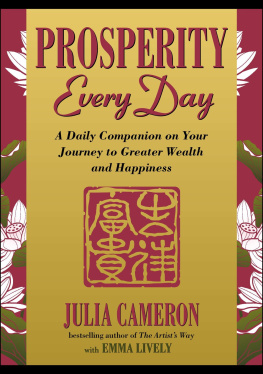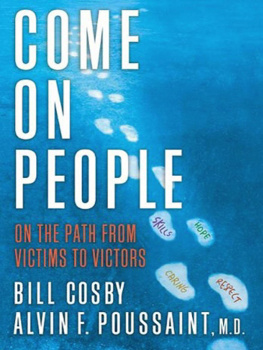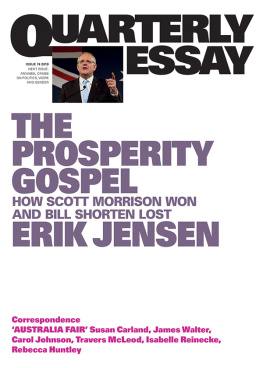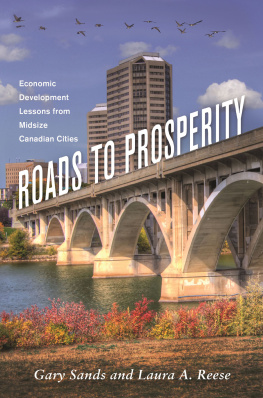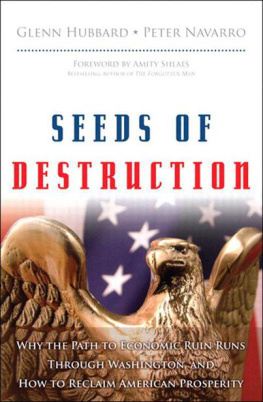Bill Morneau - Where To from Here: A Path to Canadian Prosperity
Here you can read online Bill Morneau - Where To from Here: A Path to Canadian Prosperity full text of the book (entire story) in english for free. Download pdf and epub, get meaning, cover and reviews about this ebook. genre: Politics. Description of the work, (preface) as well as reviews are available. Best literature library LitArk.com created for fans of good reading and offers a wide selection of genres:
Romance novel
Science fiction
Adventure
Detective
Science
History
Home and family
Prose
Art
Politics
Computer
Non-fiction
Religion
Business
Children
Humor
Choose a favorite category and find really read worthwhile books. Enjoy immersion in the world of imagination, feel the emotions of the characters or learn something new for yourself, make an fascinating discovery.

- Book:Where To from Here: A Path to Canadian Prosperity
- Author:
- Genre:
- Rating:5 / 5
- Favourites:Add to favourites
- Your mark:
- 100
- 1
- 2
- 3
- 4
- 5
Where To from Here: A Path to Canadian Prosperity: summary, description and annotation
We offer to read an annotation, description, summary or preface (depends on what the author of the book "Where To from Here: A Path to Canadian Prosperity" wrote himself). If you haven't found the necessary information about the book — write in the comments, we will try to find it.
Where To from Here: A Path to Canadian Prosperity — read online for free the complete book (whole text) full work
Below is the text of the book, divided by pages. System saving the place of the last page read, allows you to conveniently read the book "Where To from Here: A Path to Canadian Prosperity" online for free, without having to search again every time where you left off. Put a bookmark, and you can go to the page where you finished reading at any time.
Font size:
Interval:
Bookmark:
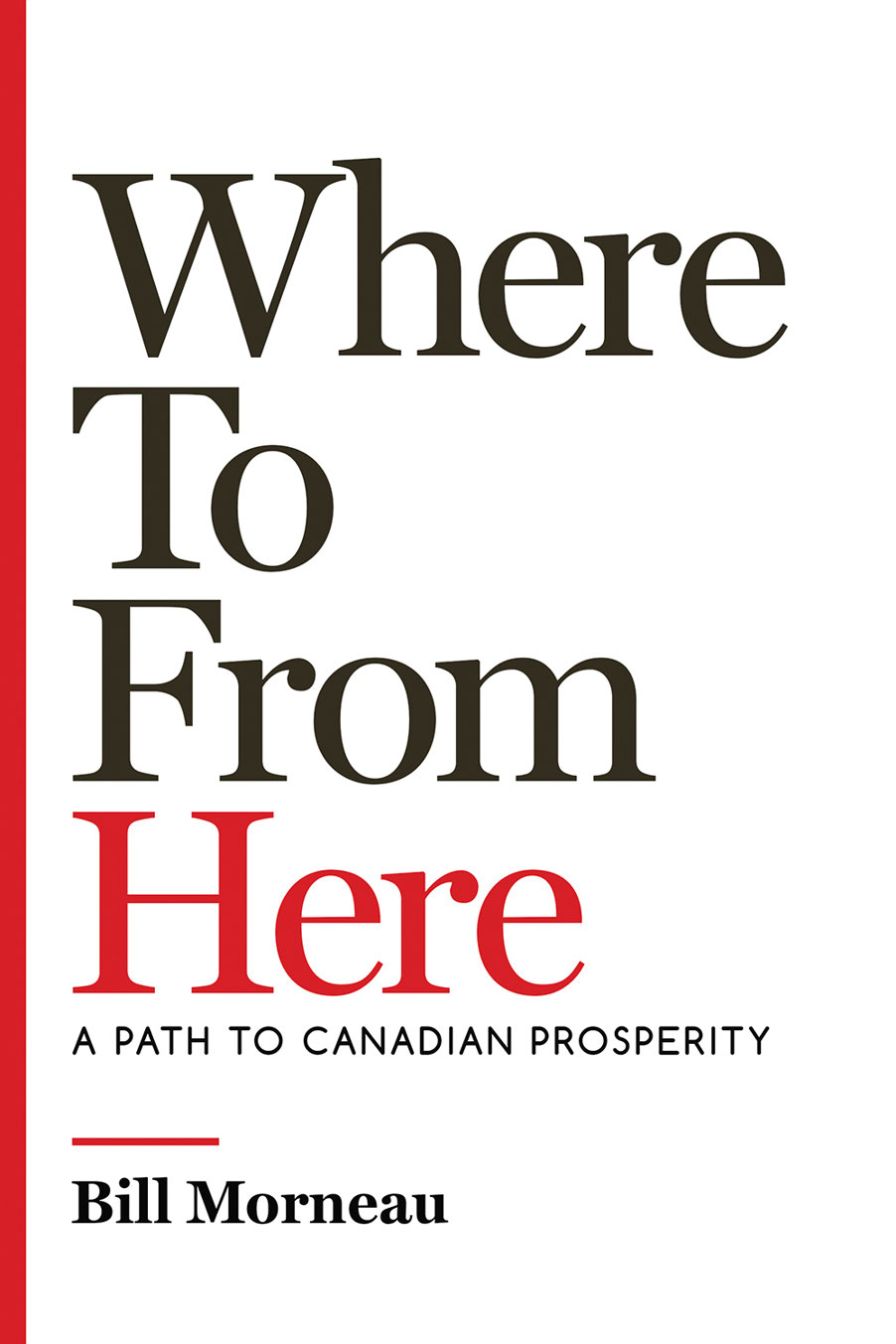


To my wife Nancy and our children Henry, Clare, Edward and Grace. Thanks for enduring my political adventure and for sharing my views on the value of public service.
What great and enduring achievement has the world ever accomplished that was not based on idealism?
Sir Wilfrid Laurier
Federal elections in Canada are historic events, and the election of 2015 proved to be both historic and unique for a variety of reasons.
Eleven weeks passed between the day Prime Minister Stephen Harper dropped the writ and election day on October 19, resulting in the longest election campaign in the countrys history. Besides setting a record of dubious merit, this meant Canadians were subjected to more days of political tirades than they had been in any prior campaign. The election also marked the entry of a neophyte Liberal party leader in Justin Trudeau, whose political bona fides at the time were more closely linked to his family name than practical experience.
The results were equally historic. After being knocked back to third place in the 2011 election, Liberals scored an upsurge of 148 new seats. Along with delivering a firm majority in Parliament, it marked the biggest numerical increase for a single party since Confederation and the first time a party rebounded from third place in the Commons to a majority government. And with an equal number of men and women among the original 30 ministers, Canada could boast the first gender-balanced cabinet in its history.
Amidst all these notable factors, the election confirmed that Canada is basically a centrist country, choosing a different path than the one followed by the Harper Conservatives. Canadians demonstrated, not for the first time, an aversion to extremist views and politics while generally tolerating their existence and to some extent their role in government. How many other democracies in the world find a place for a political party whose platform is firmly fixed on secession? This tradition of seeking the comfortable and stable centre explains how a sea change in political power can occur in Canada, free of violence and heated rejection of the results. Its a quality we should not only take quiet pride in possessing, but we should also recognize in it a particular Canadian advantage.
The 2015 election confirmed all of this. It also confirmed that Canada can attract fresh faces and new talents to the highest political arena in the land, people who bring ideas, enthusiasm and determination with them.
People like me.
Everyone who enters public life arrives with goals. Some make the choice to satisfy their need to be someone. Others arrive determined to do something. Political parties, to my mind, should strive to attract the latter group. The former will find their way naturally.
Whatever the motivation, we all arrive convinced that we can make a difference, either individually or within the structure of a political party. Seated somewhere on the floor of the Commons and witnessing the give-and-take across the aisle during Question Period is never enough. Nor is attendance at committee meetings, where a good deal of theatre happens alongside important scrutiny of government. As clichd as it sounds, we need people driven by visions of doing things today that will improve the lives of other Canadians and pave the way for the countrys success tomorrow.
I shared those ideas and visions. Mine were rooted in W.F. Morneau & Associates, the business my father launched in 1966. The companys original plan had been to provide employers and employees with the means to fund benefits through their working years and into retirement. I focused my efforts on building the company from its Southwestern Ontario roots and national presence into an international, publicly traded firm. Expanding our services to include the administration of health and pension programs as well as assistance for employees going through personal challenges made me aware of social problems that I was lucky enough never to have encountered first-hand, and so had never dealt with problems like financial jeopardy, prejudice, addiction, psychological stress and more.
Writing cheques was one way to respond to needs like these, but that struck me as too easy, too effortless. I chose instead to volunteer my time and energy to organizations such as St. Michaels Hospital in Toronto, Covenant House, the Loran Scholars Foundation and many others committed to providing health care, youth guidance and educational opportunities. My work on their behalf was satisfying, but I was always aware that government represented the ultimate instrument to address major social challenges.
So, with encouragement from people whose opinions I respected, as well as some astonished responses from close friends and family who thought I was crazy, I stepped away from leadership in the corporate and charitable sectors and into the federal political arena. I was somewhat different from most other electoral candidates in Canada because key leaders in Trudeaus team actively backed me, seeing my business background and familiarity with important social concerns as assets. Mind you, I was a willing recruit, having put up my hand after acting as an advisor to the Ontario government; but being sought out by those at the top made me an exception. Political parties in this country cling to the concept of leaving the selection of nominees up to local constituency members exclusively. I realized that a good deal of residual resistance exists against party leaders favouring individuals for nomination in ridings, a practice dismissed as parachuting. The reaction is understandable, but my view was (and is) that without at least some degree of pre-selection, the makeup of a government and thus the personnel available for specific functions in cabinet becomes haphazard. That was the state of affairs prior to the 2015 election.
I managed to win election in an admittedly traditional Liberal riding. When a revived Liberal Party won a clear parliamentary majority, I was appointed minister of finance, taking my seat in a cabinet populated overwhelmingly with first-time MPs and led by a first-time prime minister. I hesitate to use the word euphoric, but the level of eagerness and excitement among all of us was that intense. We represented a resurgence in federal Liberal power, prepared to break new legislative ground, set new standards and realize much of Canadas promise that (we argued) had been neglected and squandered under Stephen Harpers leadership.
There was much to be done, determined by a plan prepared and agreed upon over the months leading up to the election. We would, the prime minister had declared, create an economy that benefits us all. Ours would be a different federal government, its achievements marked by more than the innovation of a gender-balanced cabinet, as noteworthy as it may be. We had been handed a mandate for change, and our plans outlined the areas in which we would honour that mandate by keeping promises made during the election. They included initiatives to deal with the rising challenge of populism through a recalibration of social benefits, to address the existential challenge of climate change, to reduce gender inequalities, to reconcile with Indigenous Peoples and many other priorities that had not been core in the Harper era.
Font size:
Interval:
Bookmark:
Similar books «Where To from Here: A Path to Canadian Prosperity»
Look at similar books to Where To from Here: A Path to Canadian Prosperity. We have selected literature similar in name and meaning in the hope of providing readers with more options to find new, interesting, not yet read works.
Discussion, reviews of the book Where To from Here: A Path to Canadian Prosperity and just readers' own opinions. Leave your comments, write what you think about the work, its meaning or the main characters. Specify what exactly you liked and what you didn't like, and why you think so.

